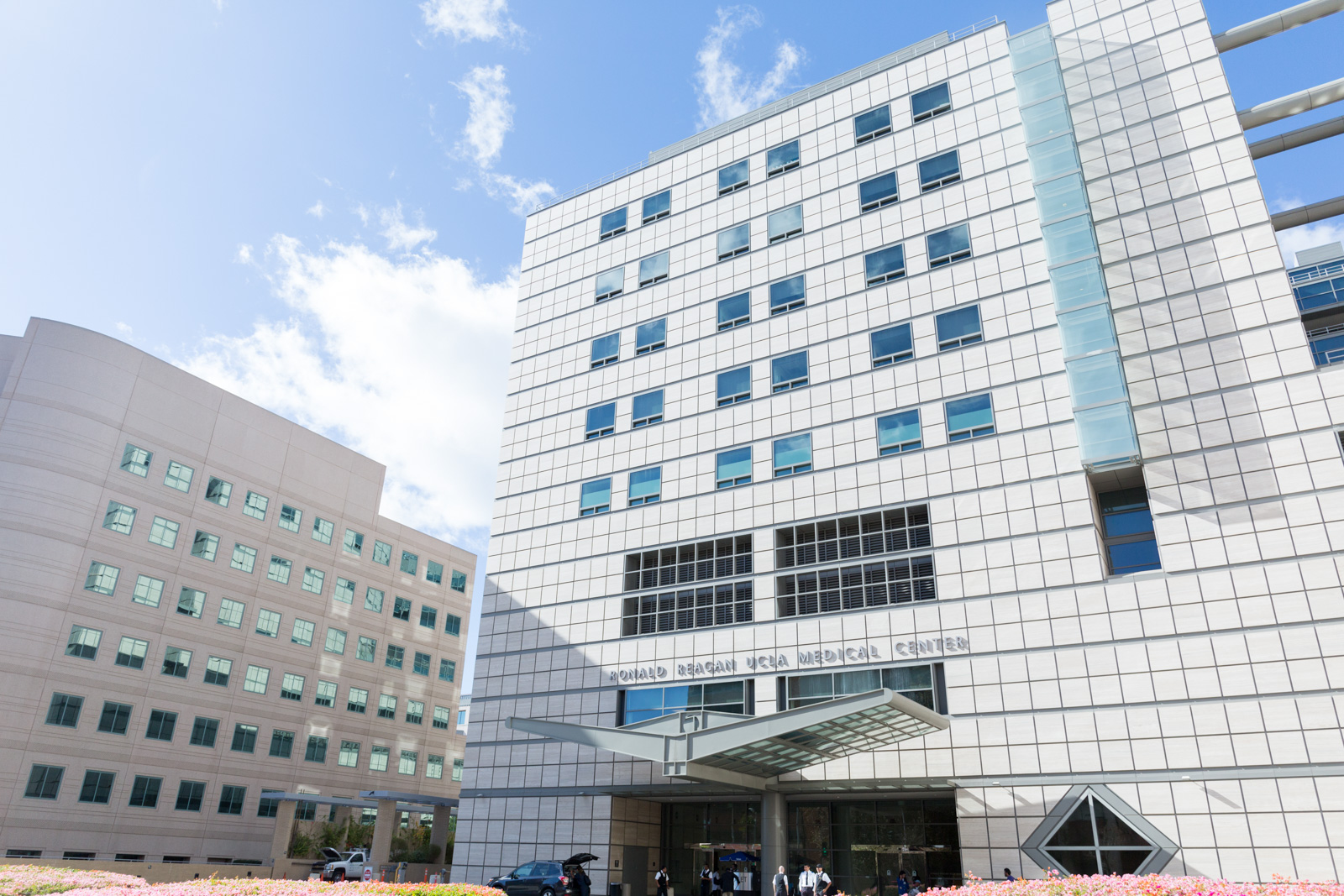Researchers discover gene suppressing stroke and brain injury recovery

Stanley Carmichael, the chair of the neurology department, and Alcino Silva, a psychology professor, found that blocking the function of the CCR5 gene leads to better cognitive and motor skill recovery after a stroke or traumatic brain injury. (Daily Bruin file photo)
By Tabatha Lewis-Simó
April 1, 2019 11:32 p.m.
UCLA researchers discovered that a gene could suppress stroke recovery and traumatic brain injury recovery.
Stanley Carmichael, the chair of the neurology department, and Alcino Silva, a psychology professor, found that blocking the function of the CCR5 gene leads to better cognitive and motor skill recovery after a stroke or traumatic brain injury.
“We have recognized for a long time that the process for recovery for stroke looks a lot like the process of forming new memories,” Carmichael said.
Silva said CCR5 acts as a suppressor during the formation of new memories to stop the brain from remembering every detail.
“You don’t want to remember everything that you see. You only remember those things that are important. Otherwise, you clutter your brain, and when you want to get the stuff you actually need, it would take longer to get there,” Silva said. “So your brain makes a point of just remembering those things that you judged to be critical for you.”
Carmichael said CCR5 is expressed at very high levels during a stroke and blocks stroke recovery.
In the study, researchers inhibited the CCR5 gene in mice using two different approaches. In the first method, researchers completely stopped the gene from being expressed, while in the second, they blocked its activity by using Maraviroc, a drug known to silence the gene and treat certain types of HIV.
Carmichael said they simulated strokes in mice by cutting off blood supply to areas of the brain normally affected by strokes in humans. The mice with the nonfunctional CCR5 genes recovered their motor skills and cognitive functions better than those that expressed the gene. The mice that took the drug also recovered better. However, they didn’t recover as well as the mice that didn’t express CCR5.
He said most recovery from stroke happens in the first three months. After six months, recovery slows down.
He added the first three months after a stroke is a sensitive period in which recovery and changes to the brain can occur. However, after that period, the recovery process becomes slower.
Silva said the researchers would give the drug to the patient a few weeks after they had a stroke in order to help trigger recovery at the right time.
Carmichael said they studied how the lack of the CCR5 gene affected stroke recovery in humans by collaborating with Tel Aviv University and Hebrew University, which conduct research on strokes and traumatic brain injury.
He said they studied Ashkenazi Jews recovering from strokes and traumatic brain injury because many of them do not have the CCR5 gene.
Einor Ben Assayag, a neurology professor at Tel Aviv University, said they compared data from patients with and without the gene and found that the patients who did not have the CCR5 gene recovered better than patients who did have the gene.
Carmichael said they are currently starting clinical trials with Maraviroc. Silva added their research can potentially help millions of people affected by strokes.
“Stroke is one of the principal causes for long-term disability in the Western world, and right now, all we can do about stroke is limited to the next few hours proceeding a stroke,” he said.


